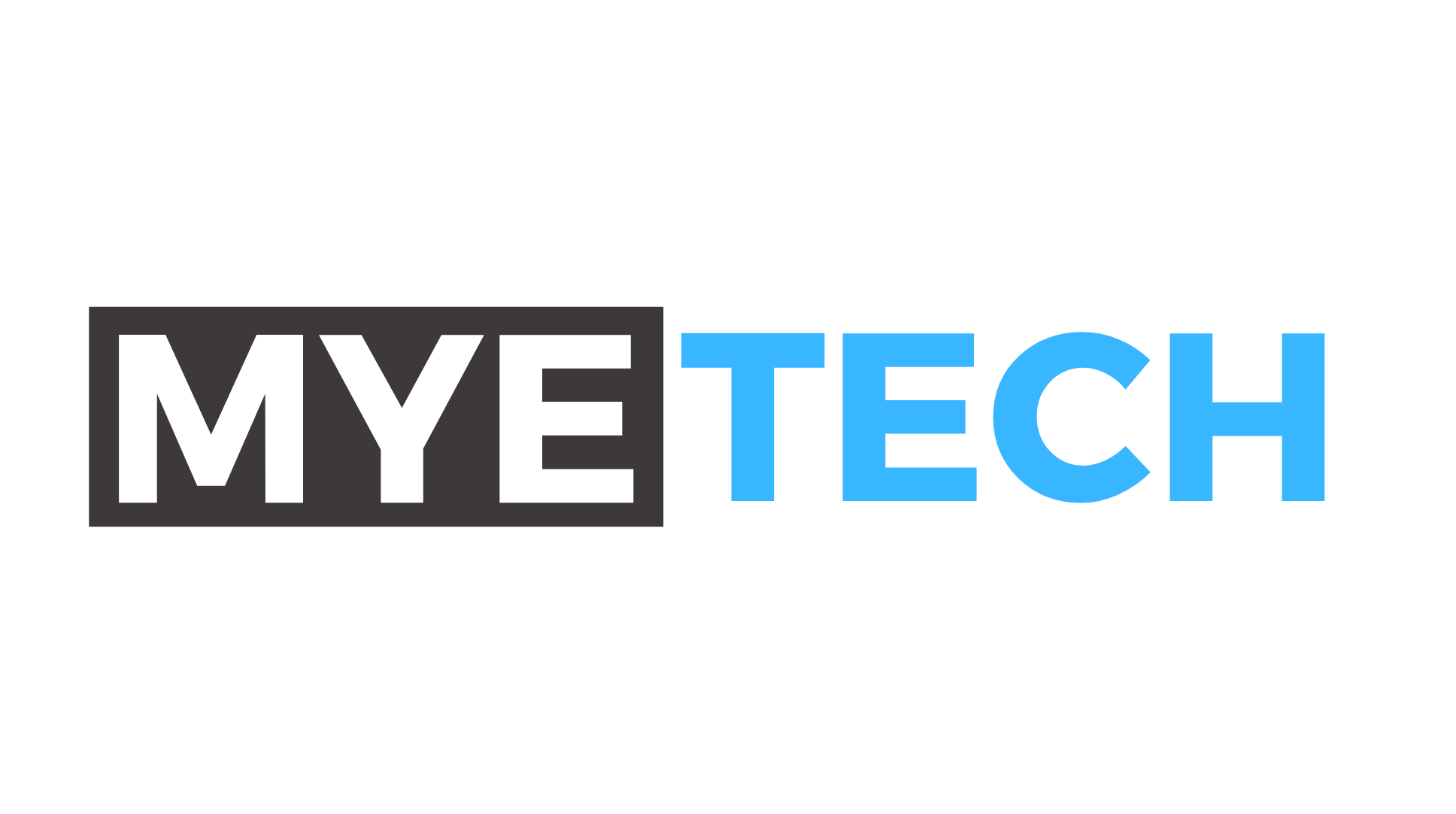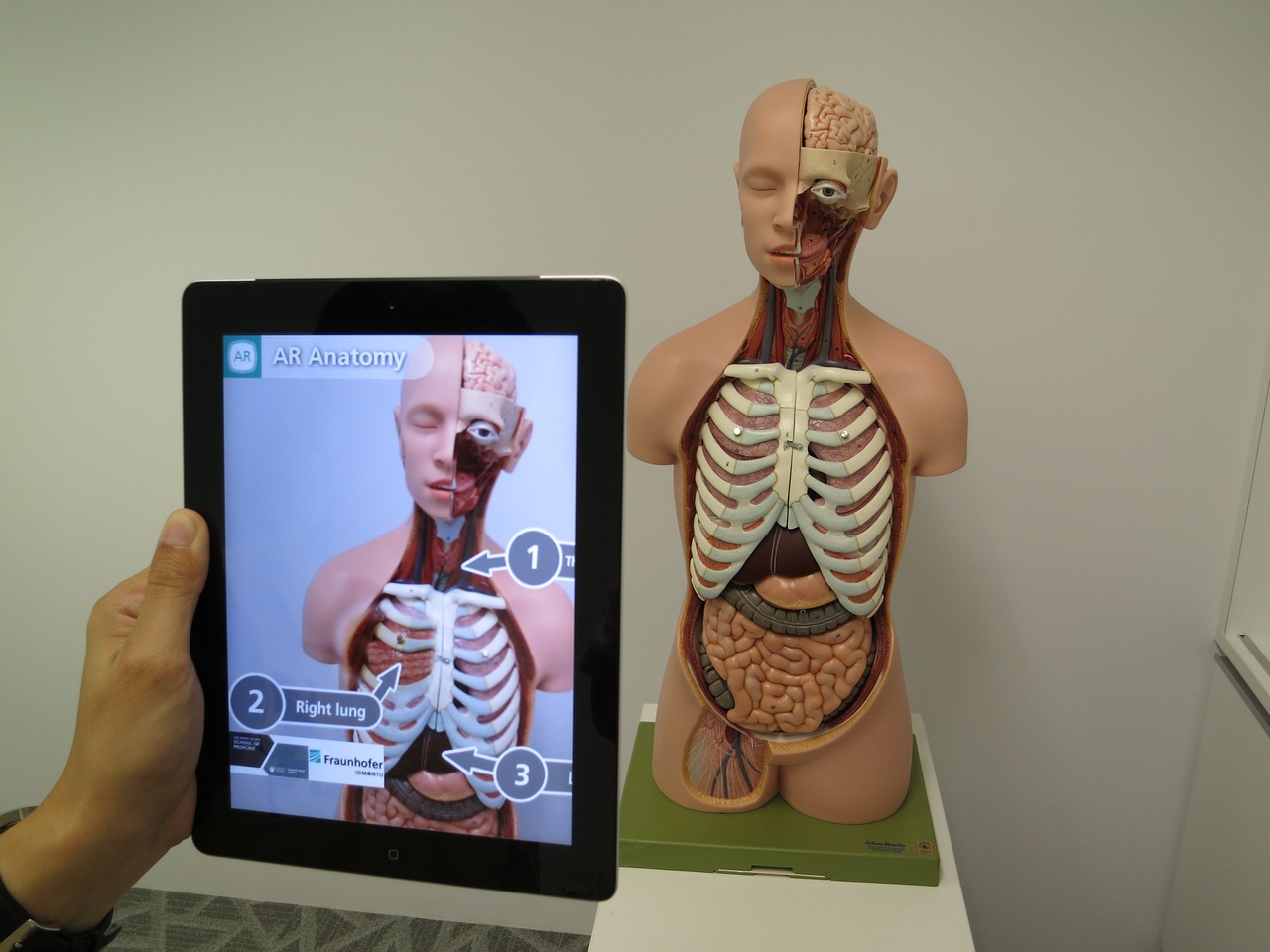OpenAI is one of the most influential and innovative organizations in the field of artificial intelligence. Founded in 2015 by a group of prominent tech entrepreneurs and researchers, OpenAI aims to create and promote friendly AI that can benefit humanity, without being constrained by profit or control. In this article, we will review some of the recent updates and achievements of OpenAI, and how they could shape the future of AI and society.
New features and lower prices for ChatGPT
ChatGPT is OpenAI’s flagship product, a conversational AI platform that allows anyone to chat with a powerful natural language model, GPT-4. ChatGPT can understand and generate natural and engaging responses, as well as perform various tasks such as summarizing, translating, searching, and more. ChatGPT is available as a web app, a mobile app, and an API for developers.
In January 2024, OpenAI announced several updates and improvements for ChatGPT, including:
- Function calling capability: ChatGPT can now call external functions from other services, such as Google Maps, Spotify, Wikipedia, and more. This allows users to access more information and functionality within the chat interface, without leaving the app or switching tabs.
- Longer context: ChatGPT can now remember and use up to 2,048 tokens of previous conversation history, instead of the previous limit of 1,024 tokens. This means that ChatGPT can maintain longer and more coherent conversations, and refer back to previous topics and details more accurately.
- Lower prices: OpenAI reduced the prices for ChatGPT by 50%, making it more affordable and accessible for users and developers. The new prices are $0.01 per token for the free plan, $0.005 per token for the plus plan, and $0.0025 per token for the enterprise plan.
GPTs: Customizable versions of ChatGPT
In November 2023, OpenAI introduced a new feature for ChatGPT: the ability to create custom versions of ChatGPT that combine instructions, extra knowledge, and any combination of skills. These custom versions are called GPTs, and they can be created and shared by anyone, for any purpose.
For example, GPTs can help users learn the rules of any board game, teach math to kids, design stickers, and more. Users can browse and discover GPTs from the GPT Store, a marketplace that features a diverse range of GPTs developed by OpenAI’s partners and the community. Users can also make money from their GPTs by setting a price or accepting donations.
DALL·E 3: A powerful image generator
DALL·E 3 is another impressive product from OpenAI, a neural network that can generate realistic and creative images from text descriptions. DALL·E 3 is based on GPT-4, but with a multimodal architecture that can process both text and images. DALL·E 3 can produce images that match the style, content, and context of the text input, as well as generate novel and surprising combinations.
For example, DALL·E 3 can generate images of “a cat wearing a hat”, “a skyscraper made of cheese”, or “a painting of a sunset in the style of Van Gogh”. DALL·E 3 can also manipulate and edit existing images, such as changing the color, shape, or perspective of an object. DALL·E 3 is available as an API for developers, and as a feature for ChatGPT users.
Conclusion
OpenAI is constantly pushing the boundaries of artificial intelligence, and creating products and services that can benefit and inspire millions of people. With its latest updates and achievements, OpenAI is demonstrating its vision and mission of creating and promoting friendly AI that can augment human capabilities and creativity, without compromising on ethics or safety. OpenAI is not only a leader in AI research and development, but also a catalyst for positive social change.





